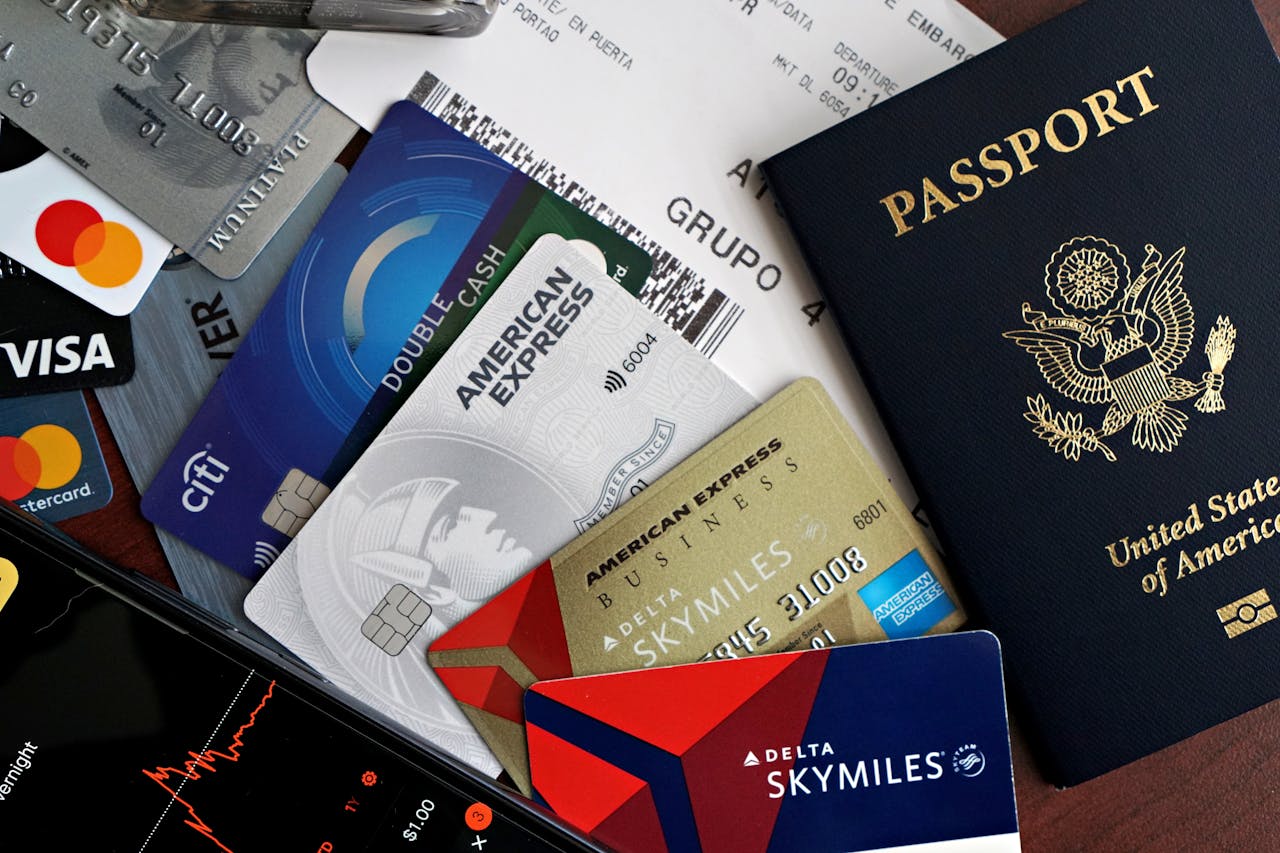Write Us: hello@ali5.org
Is Travel Insurance Actually Worth It? A Real Breakdown
Wondering if travel insurance is worth the cost? Get a real breakdown of what it covers, when you need it, and how to choose the right plan for your trip. Don't risk your travel budget.

Let’s be honest, travel insurance is rarely the exciting part of trip planning.
You’re choosing destinations, browsing hotels, maybe already imagining that first cocktail on the beach… and then the site throws in that little checkbox: “Add travel insurance for $35?”
Most people skip it without a second thought.
But here’s the thing. Travel isn’t always smooth. Flights get delayed. Luggage disappears. People get sick. And when things go sideways, that overlooked insurance suddenly becomes the smartest decision you made.
So, is it really worth it? Here’s the no-BS breakdown.
First things first: What does it really mean to have travel insurance?
When you’re not home, think of travel insurance as a way to protect your money, things, and health. It can include:
- Cancelled or interrupted trips
- Emergency medical care abroad
- Lost or delayed baggage
- Flight disruptions or missed connections
- Evacuations due to natural disasters, civil unrest, or medical reasons
- In some cases, accidental death or serious injury
If something messes up your travel experience in a big (and expensive) way, insurance helps cover the damage.
When You Might Not Need It
You don’t need insurance for every trip. You might be able to skip it if your travel plans are very flexible, cheap, and close to home.
- Here are a few scenarios where it’s probably safe to go without:
- You’re traveling within your own country, and your regular health insurance has you covered.
- Your entire trip is refundable or cheap enough to rebook without stressing.
- You’re not checking in valuables or expensive gear, and you’re okay taking a small risk.
So no, it’s not an automatic must-have. But that changes once the stakes go up.
When Travel Insurance Is 100% Worth It
Now, let’s turn it around. These are the times when it’s best to skip insurance and worst to do so:
-
International travel:
Medical care abroad can be expensive. Some countries won’t even treat you unless you can show proof of coverage or ability to pay upfront.
Insurance is your safety net if you book flights, hotels, or tours that cost a lot of money or that you can’t get back.
-
Travel during seasons that are hard to predict:
Are you flying during the winter storms or the monsoon season? It’s better to have a backup.
-
Trips that involve older family members or health problems of your own:
Insurance is very useful if you might have to cancel for a medical reason, even if it’s just a small chance.
-
Adventure or travel to remote places:
If you’re going hiking, sailing, or anywhere far from a hospital, you should get insurance that covers emergency evacuation.
Bottom line: the more money or risk tied to your trip, the more value insurance brings.
Real Examples: When Insurance Pays Off
Let’s say you’re booked for a week in Italy. A few days before departure, you get sick, too sick to travel. Without insurance, that $1,200 flight and $2,000 in hotel bookings? Gone. With insurance, you can file a claim and get most, if not all, of it back.
Or maybe you’re on a trek in Peru, take a wrong step, and end up needing medical help. Getting airlifted or treated abroad isn’t cheap, unless your insurance has you covered.
Even small mishaps add up. Say your connecting flight is delayed five hours, and you miss your next leg. Now you’re stuck paying for a last-minute hotel, meals, and a rebooked ticket. A decent policy typically handles that.
What Travel Insurance Usually Covers
Coverage varies, but here’s what most solid plans include:
1. Trip Cancellation or Interruption
If you get sick, have an emergency, or a family crisis hits, you can cancel and get reimbursed.
2. Medical and Dental Emergencies
If you fall ill or get injured abroad, insurance covers doctor visits, hospital stays, even dental work in some cases.
3. Lost or Delayed Bags
If your luggage doesn’t show up or gets damaged, you can claim reimbursement for essentials and replacements.
4. Flight Delays or Missed Connections
Stuck overnight at the airport? Insurance may pay for meals, hotels, and new tickets.
5. Emergency Evacuation
If you’re caught in a natural disaster or need to be flown to a hospital, this part covers the (often insane) costs.
What Travel Insurance Doesn’t Cover
This is where people get burned, not reading the fine print.
Most plans won’t cover:
- Pre-existing medical conditions, unless you get a waiver or specific plan
- Canceling because you changed your mind
- Dangerous activities like skydiving or scuba diving, unless added as extras
- Lost items left unattended (yep, even that laptop you left charging in the café)
- Certain high-risk countries or situations (war zones, pandemics, civil unrest)
Always, always, read the exclusions. What sounds like common sense isn’t always covered.
So, How Much Does It Cost?
Not as much as you might think.
Generally, expect to pay between 4% and 10% of your total trip cost.
So for a $3,000 vacation, you might spend around $120 to $250.
The price depends on:
- Your age
- Destination
- Trip length
How comprehensive the coverage is
You can buy:
-
Single-trip insurance (for one-time travel)
-
Annual plans (for frequent travelers)
-
Or use credit cards that offer basic protection, but beware, coverage is usually limited.
How to Pick the Right Plan (Without Getting Ripped Off)
1. Know What You’re Doing
Going skiing? Backpacking in remote areas? Taking a cruise? Get a policy that matches your itinerary.
2. Compare Before You Buy
Use sites like Squaremouth, InsureMyTrip, or TravelInsurance.com to compare plans side-by-side.
3. Read the Reviews
Look for reviews that talk about real claim experiences, not just sales pitches. Some companies look good on paper but ghost you when it’s time to pay.
4. Understand the Claim Process
Keep receipts. Take photos. Get doctor notes or official reports. The smoother your paperwork, the faster the payout.
The Final Verdict
So, is travel insurance worth it?
If your trip is expensive, international, or even just important to you, yes, absolutely. It’s not about expecting things to go wrong. It’s about knowing you’re covered if they do. Peace of mind isn’t just a cliché. It’s knowing that if life throws a wrench in your plans, you won’t be stuck footing the bill or scrambling for help in a foreign country.
And honestly? That’s worth a lot more than $35.







